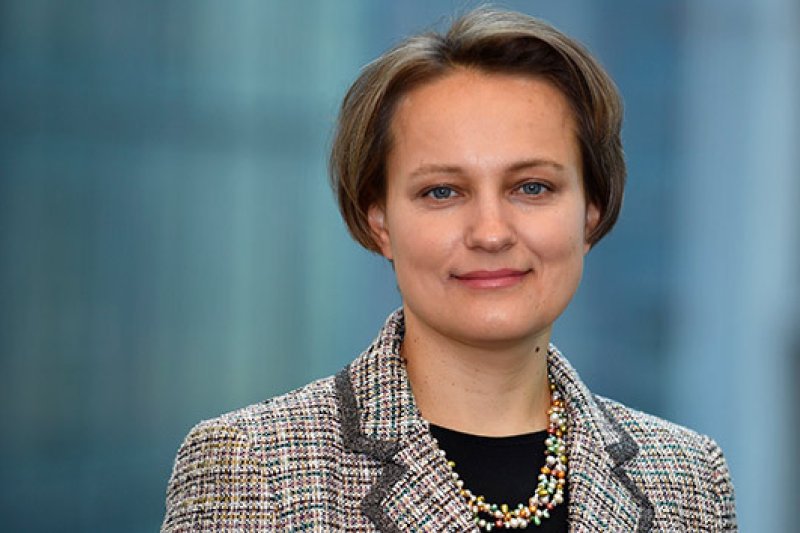Albania’s Chance to Be an Energy Leader; EBRD
In recent years, Albania has given importance to renewable energy sources, this is also influenced by climate changes that cause a lack of rainfall. One of the government's most important collaborators is the European Bank for Reconstruction and Development, which has provided financial support for renewable energy projects.
The director of the EBRD for Albania, Ekaterina Solovova, said in an interview that "Albania has the opportunity to be a leader in energy."
"One of our strategic priorities in Albania has been the diversification of renewable energy sources since Albania has been 100% dependent on the energy obtained from hydropower plants. This on the one hand makes Albania unique in the production of clean energy, but at the same time it makes it more fragile in terms of climate change, due to the lack of sufficient rainfall,” Solovova said, ATA reported on Saturday.
“Referring to energy diversification, we are working together with the Albanian government for these projects, offering technical assistance and financial support. A good example of this is our Renewable Energy program where we advise the government on the creation and development of solar and wind auctions. Three important auctions have been finalized with the help of our technical assistance, two of them in solar energy in 2020 and 2021, and last year we closed the auction for the energy produced by the wind, i.e. wind farms. All three of these projects will bring significant energy production to Albania," said Solovova.
She underlines that all these investments that are built with private, but also state investors offer the opportunity for clean energy with competitive rates.
Since 1992 in Albania, EBRD has invested about Euro 2 billion, and almost half of this value has been invested in the last 5-7 years, according to director Ekaterina Solovova.
"This shows that we have increased our activity in recent years here in Albania. About 60% of our portfolio is in the infrastructure and the energy sector, while about 30% is in financial institutions, and the rest is in various sectors, such as manufacturing, natural resources, agriculture, or tourism. What remains important is that the distribution of these investments has been made equally for both the public and private sectors, about 60% of the funding is in the private sector at the moment, but this may change over the years", she said.
EBRD also supports strategic investments in green infrastructure such as railways, investments in roads with high standards in environmental and social impact, and above all safety conditions.













